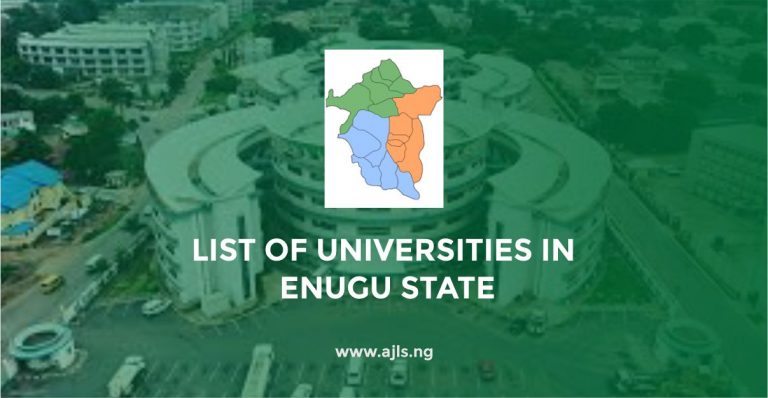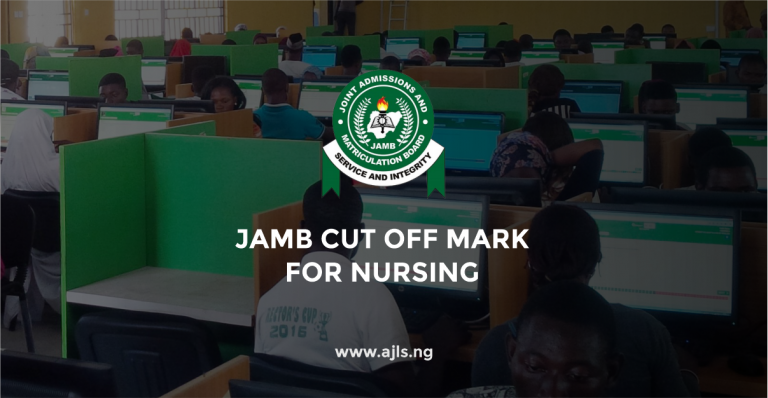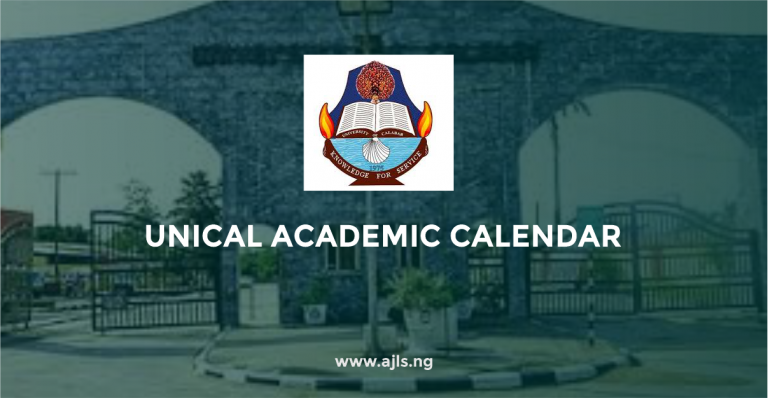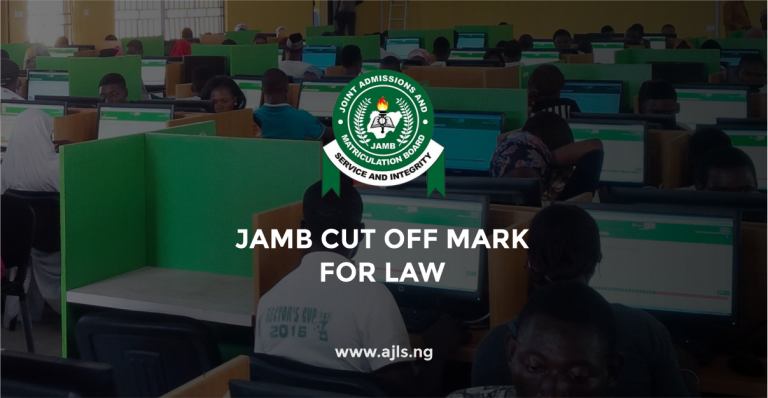WAEC Syllabus for Government 2026
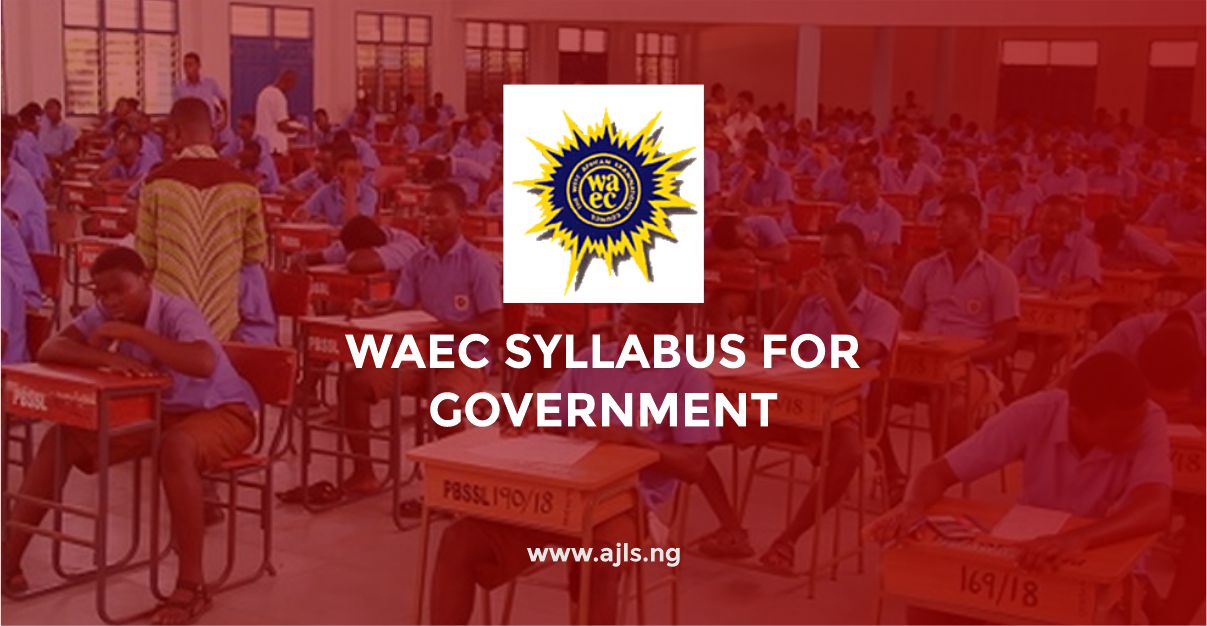
Are you searching for the WAEC syllabus for Government? WAEC Syllabus is a veritable tool for all candidates aspiring to write the West African Examination Council. WAEC has just released the comprehensive syllabus for the Government this is to help candidates make a proper preparation with the right guide and materials.
The WAEC syllabus for Government is on this page, it delineates the course content, learning objectives, and expected outcomes, effectively functioning as a roadmap for the subject. Prospective candidates who have selected Government in the WAEC are strongly advised to review this information thoroughly, as it provides essential details regarding the syllabus structure and recommended textbooks, ensuring adequate preparation.
WAEC Syllabus for Government
The West African Examinations Council (WAEC) Government syllabus is structured to assess candidates’ understanding of governmental principles, institutions, and processes. It is divided into two main sections:
Section A: Elements of Government
- Meaning and Scope of Government: Explores government as an institution, a process, and an academic field.
- Basic Concepts and Principles: Covers concepts like power, authority, legitimacy, sovereignty, democracy, political culture, political socialization, and ideologies such as socialism and capitalism.
- Constitutions: Discuss definitions, sources, types (written/unwritten, rigid/flexible), and functions.
- Forms of Government: Examines unitary, federal, confederal, presidential, parliamentary, monarchical, and republican systems.
- Organs of Government: Details the executive, legislature, and judiciary, including their structures, functions, powers, and limitations.
- Citizenship: Focuses on the status, rights, duties, and obligations of individuals within a state.
- Political Parties and Party Systems: Defines political parties, their organization, types, functions, and various party systems.
- The Electoral Process: Covers the meaning, types, purposes, organization of elections, features of free and fair elections, stages, electoral systems, and the role of electoral commissions.
- Pressure Groups and Public Opinion: Defines pressure groups, their types, characteristics, operations, functions, and the formation, measurement, and functions of public opinion.
- Public Administration: Discusses public administration, the civil service, public corporations, local governments, their structures, functions, sources of revenue, control, problems, and reforms.
Section B: Political and Constitutional Developments in West Africa and International Relations
- Pre-Colonial Political Systems: Explores the structural organization of major ethnic groups in Nigeria, Ghana, Sierra Leone, The Gambia, and Liberia.
- Colonial Administration: Examines reasons for colonialism, policies, and structures of British and French colonial administrations, and the status and functions of chieftaincy during the colonial period.
- Nationalism in West Africa: Discusses proto-nationalism before WWII, factors leading to its growth, and effects post-WWII.
- Constitutional Developments: Analyzes pre-independence constitutions, their backgrounds, main features, merits, and demerits.
- Post-Independence Constitutions: Focuses on constitutional developments in candidates’ respective countries after independence.
- International Organizations: Covers the formation, aims, objectives, achievements, and problems of organizations like the Commonwealth, African Union, ECOWAS, UNO, and OPEC.
- Foreign Policies: Examines the definition, factors influencing foreign policy, and the foreign policies of candidates’ respective countries.
WAEC Recommended Textbooks for Governments
Government for Senior Secondary Schools, Books 1, 2, and 3, Authors: B.O. Adeleke, O. Areola, and G.C. Leong
Essentials of Government for West Africa, Author: F. Adigwe
Round-Up Government for Senior Secondary School Certificate Examination: A Complete Guide, Authors: I. Oyeneye et al.
Countdown to Senior Secondary Certificate Examination: Government, Authors: S. Oyovbaire et al.
Conclusion
We hope this article has assisted you tremendously. Let us know your thoughts in the comment section below. We would like you to check back on this page for more relevant information about universities, polytechnics, and colleges of education.
You can bookmark or save this page for a revisit. If you have any questions or further inquiries kindly drop them in the comment box below. Also, endeavor to share this page with family and friends to keep them posted with this information.
